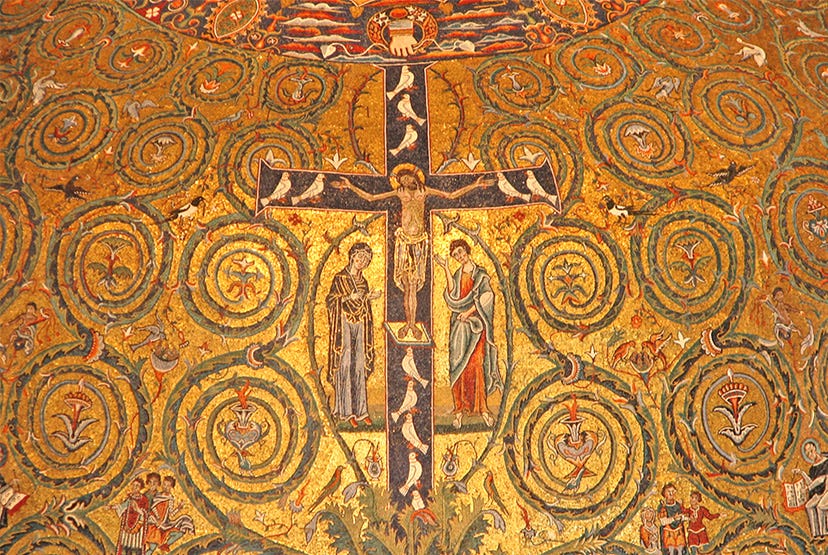The Book of Leviticus is not easy to understand.
At the heart of the book is the Holiness Code (17-26) with multiple regulations about all sorts of human behaviour.
What are we to make of them?
The regulations express the awesomeness of God by demanding reverence and care towards God’s sanctuary, and towards those special processes of life, conception, birth and death, where the presence of God breaks in upon human consciousness (Henry Wansborough OSB).
That is, God is particularly present at the hatch, match, dispatch moments of life.
What is more exhilarating than getting married, more delightful than conceiving and giving birth, more dramatic than death?
Remarkably – surprisingly even – God is powerfully present when there is a mismatch – when friction arises in human affairs.
We feel conflict and tension:
It is not in our power not to feel or to forget an offense, but the heart that offers itself to the Holy Spirit turns injury into compassion, and purifies the memory in transforming the hurt into intercession (Catechism of the Catholic Church, 2843).
We feel. We remember.
If we have a ‘heart of flesh,’ however, compassion and prayer are aroused.
The Holy Spirit becoming active.
Amen.



I love the catechism quote Father. Walking a mile in the shoes of the other is a wonderful road to forgiveness.